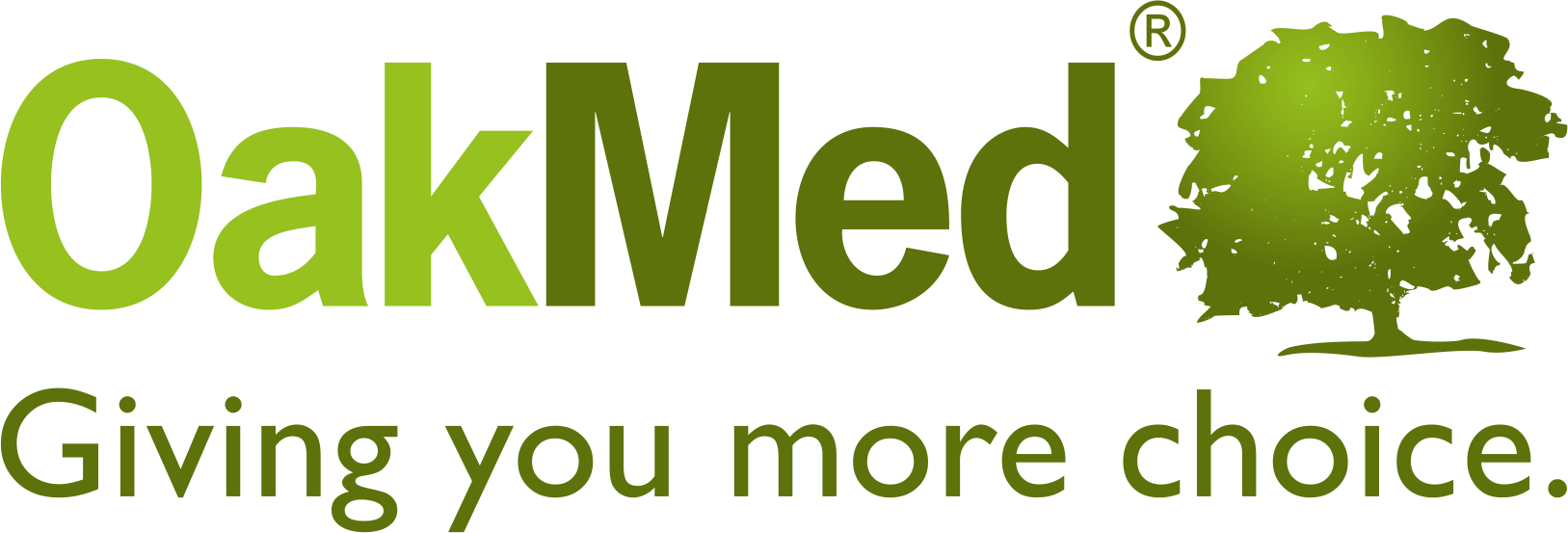Eating well and having a balanced diet is important when recovering from colostomy surgery.
This blog focuses on those who have a colostomy or are recently recovering from colostomy surgery. It’s sometimes confusing as to what is safe to eat and what might cause issues. Even further down the line, for those who have had a colostomy for many years, diet may need to be adjusted slightly if certain foods are causing gas, excessive wind, smelly stools, diarrhoea, or constipation. It is amazing how diet and fluids have an impact on your output and stool consistency.
What is a colostomy?
A colostomy is an operation to divert one end of the colon through an opening in the abdomen (stoma) – a colostomy bag placed over the stoma to collect the stools. A colostomy can be permanent or temporary. They are often needed when a person cannot pass stools through their anus. This could be the result of an illness, injury or problem with the digestive system. People often have a colostomy to treat: bowel cancer, Crohn’s disease, anal cancer, cervical cancer and bowel incontinence.
What to eat following stoma surgery
Immediately after colostomy surgery it takes a while for your appetite to return, so try to remember that your bowel has been through major trauma, and it takes time for your gut to calm down. The good news is that most people living with a colostomy find that they can return to eating most foods, in time, but occasionally others may struggle to get back to a normal diet and find there are some foods they now must avoid. You will be given guidance by your surgeon and stoma care nurse as to what to eat following your colostomy surgery. Some ostomates are advised to start with a clear diet before moving onto more solid foods. They will then slowly progress onto mild, more easily digested foods.
Often ostomates have lost weight before their surgery due to illness or bowel disease, so you may find that after surgery you do not have much appetite, so it is important to try and eat little and often to aid recovery and help with wound healing. Find somewhere quiet and relaxing to enjoy your meals and importantly take the time to enjoy your food. Chew your food well and have a drink to hand as it all helps with digestion.
Here are some tips to help to help with achieving a sensible, balanced colostomy diet:
- Eat three small meals a day, with snacks in between about 4-6 times per day.
- Start by eating a light, bland and easily digestible diet
- Avoid fatty, spicey or high fibre foods.
- Drink plenty of fluids at least 6 cups per day (8 cups per day for those with ileostomies)
- If your bowels are loose, try to limit fruit, vegetables, wholegrain breads and cereals, coffee, and alcohol, as they act as bowel stimulants.
- Avoid fizzy drinks which can cause gas/wind.
What to eat with a colostomy
Unless specified by a health care professional, you should be able to eat what you like. However, it may be that you need to be more careful now you have a stoma and adjust your eating habits slightly. Following surgery, you may want to stick with foods you could tolerate well prior to surgery. Avoid any foods which caused issues before, these can be re-introduced again at a much later date, to see if you can tolerate them.
As part of a well-balanced diet, it is important to increase your calories, fat and protein to aid your body’s healing process.
Here are some calorific foods to enjoy following colostomy surgery:
- Full fat milk and cheese
- Double cream (add this to soups, mashed potato, and puddings)
- Snack on biscuits and cakes
- Foods high in protein each day such as fish, tender meat and eggs
- Drink regularly to keep well hydrated
Foods to avoid with a colostomy
After surgery it is advisable to try and avoid foods which may inflame the colon.
- High fibre foods
- Carbonated drinks
- High fat and fibre foods
- Raw fruits with skins on
- Raw vegetable
- Wholegrains
- Fried poultry and fish
- Legumes
- High fat dairy
- Spice-foods
Further down the line these foods can be discussed with your Stoma Care Nurse and re introduced slowly to see their affects. It might be a good idea to keep a food diary so you can monitor how certain foods affect you and your output.
Constipation issues
Some ostomates may experience constipation after colostomy surgery because of their new low fibre diet.
Here are some tips to help:
- Increase the amount soft fluids you are drinking
- Introduce fresh fruit juice such as orange or apple juice
- Try making fruit or vegetable smoothies
- Speak to your stoma care nurse about the use of stool softeners
Colostomy bag odour issues
Odour can be an issue for ostomates from time to time. To help minimise odours here are some foods to avoid:
- Alcohol
- Carbonated (fizzy) drinks
- Wind inducing vegetables: Broccoli, brussel sprouts, beans, cabbage, leeks, corn
- Onions & garlic
- Fish
- Dairy produce: Milk, eggs
- Peanuts
- Prunes/ apricots
For more information, check out our stoma advice centre, contact your stoma care nurse or visit charities such as Colostomy UK.

